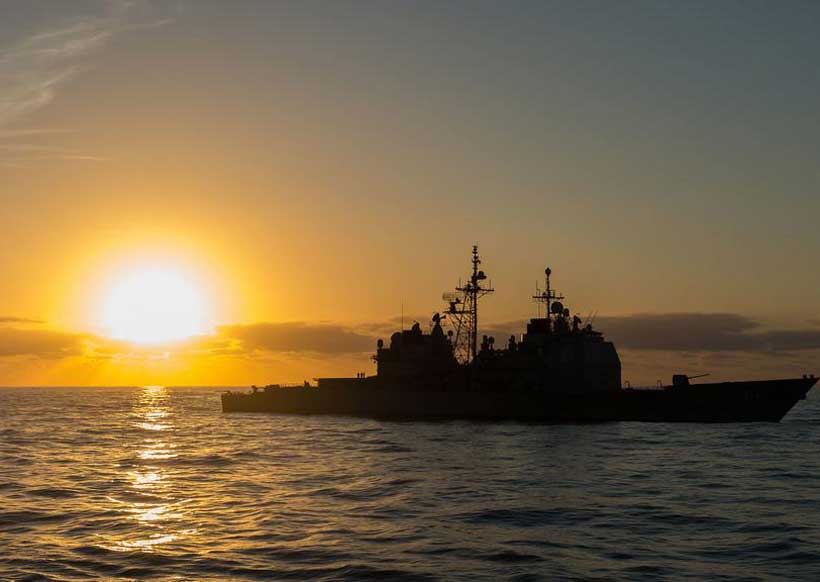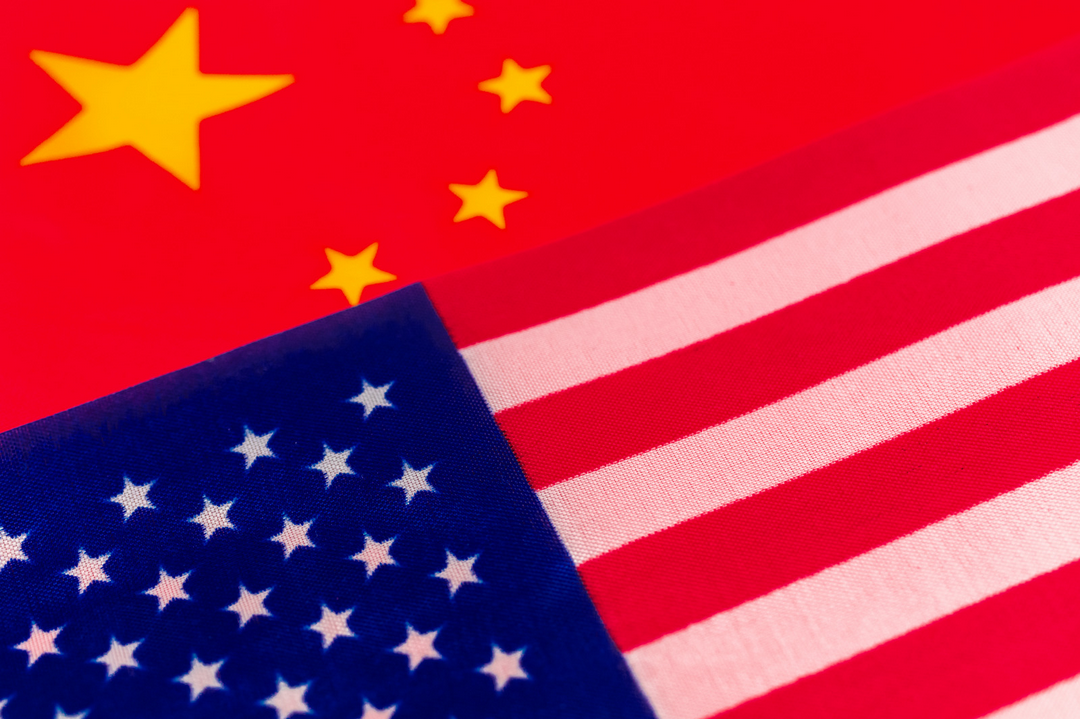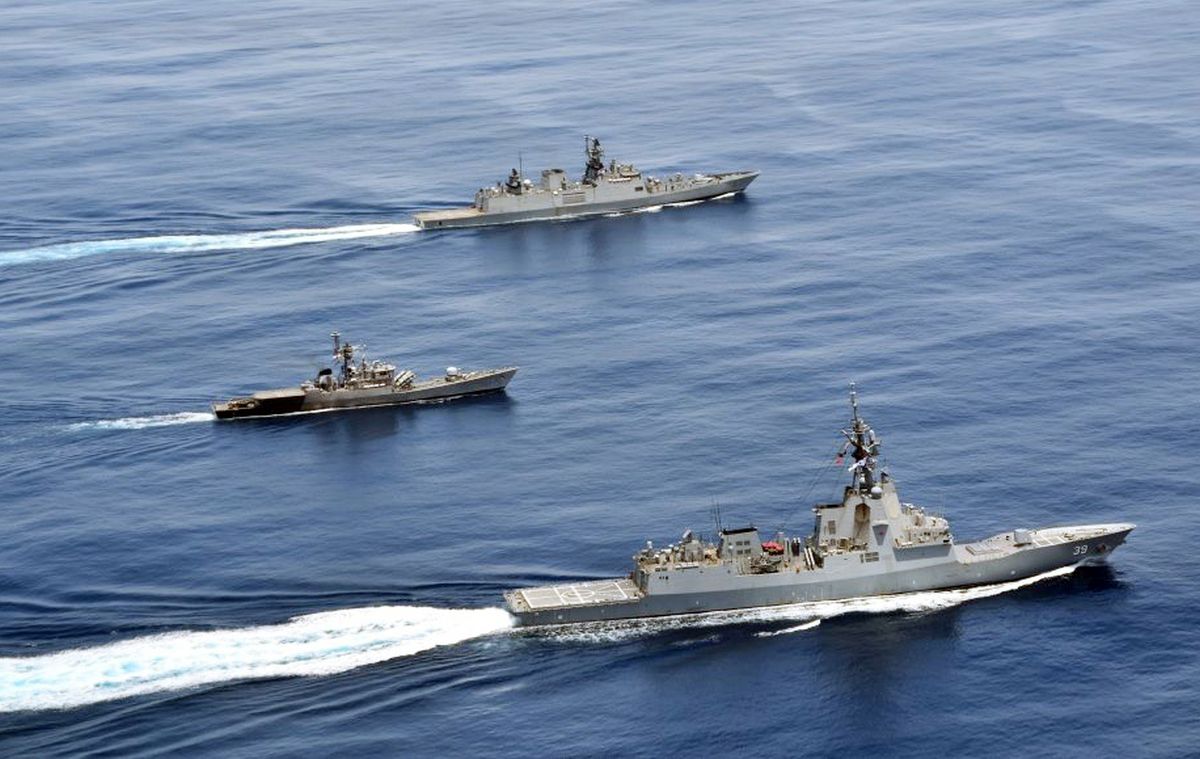




The Indo-Pacific region has emerged as a critical battleground for influence between the United States and China, driven by a complex interplay of geopolitical dynamics. The term 'Indo-Pacific' itself signifies a broader geopolitical scope, encompassing diverse nations and cultures that present both opportunities and challenges for global powers. Historically, US-China relations have been marked by conflict, characterized by four distinct 20-year cycles of tension and rivalry [53691531].
China is currently undergoing a significant economic transition, shifting from a real estate-driven economy to one that is increasingly consumer-focused. This transformation is crucial as it influences China's strategic priorities in the region and its approach to international relations [53691531]. Meanwhile, India, with its burgeoning population and economy, faces its own set of challenges, particularly in comparison to China's rapid growth. The Indian Ocean, a vital corridor for global trade routes and military strategy, plays a pivotal role in this competition [53691531].
The Indo-Pacific region encompasses 65% of the world's waters and accounts for half of global GDP; over half of the global population resides here, with 58% of the world's youth. By 2030, 1.5 billion people in this region are expected to join the middle class, further intensifying the competition for influence [ef1420c2]. Southeast Asia serves as a crucial link between the Pacific and Indian Oceans, attracting substantial investments from both the US and China. This region's strategic importance is underscored by its role in facilitating trade and military logistics, making it a focal point for both powers as they seek to expand their influence [53691531].
The recent political developments in the Maldives, where pro-China President Mohamed Muizzu has taken office, exemplify the shifting alliances in the region. Muizzu's administration is expected to strengthen ties with China, particularly through initiatives like the Belt and Road Initiative, which poses challenges for India's traditional influence in the island nation [8bd5f16d].
In response to these developments, the U.S. is actively recalibrating its strategy in the Indian Ocean, shifting from unilateral dominance to collaborative partnerships. This includes foundational agreements with India that emphasize regional stability and security [883781c6]. The U.S. Fifth Fleet, established in Bahrain in 1995, plays a crucial role in maintaining naval presence and power projection in the region. The Indian Ocean has also become a nuclearized zone, particularly since the Cold War, with tensions peaking during the Indo-Pakistani War in 1971 [883781c6].
The U.S.-India defense cooperation has been strengthened through four foundational agreements, which aim to enhance military collaboration and counterbalance China's growing influence [883781c6]. The recent introduction of the Indian Ocean Region Strategic Review Act of 2024 in Congress signifies a commitment to reassess and bolster U.S. strategic interests in the area [883781c6].
U.S. strategy in the Indo-Pacific began in 2011 under President Obama with the 'Rebalancing' strategy, which included the creation of the Trans-Pacific Partnership (TPP) to counter China's influence. However, the TPP was abandoned by President Trump in 2017. The U.S. continues to support military and economic upgrades for neighboring countries, with alliances like QUAD (USA, Japan, Australia, India) and AUKUS aiming to maintain order and counter China [ef1420c2]. U.S.-Indo-Pacific trade was valued at $1.75 trillion in 2020, supporting 5 million jobs [ef1420c2]. QUAD 2.0 is anticipated to enhance India's strategic position and security in the region, while adherence to the United Nations Convention on the Law of the Sea (UNCLOS) is essential for resource sharing and maritime rights [ef1420c2].
As the competition for influence in the Indo-Pacific intensifies, the outcomes of these rivalries will significantly impact the balance of power in the region and the future of international maritime security. The U.S. Congress is considering expediting the creation of a comprehensive Indian Ocean strategy, which could reshape the dynamics of U.S. national security and alliances in the face of rising tensions with China [372f71d6].
Overall, the Indo-Pacific region's geopolitical landscape is rapidly evolving, with the U.S., China, and India all vying for strategic partnerships and dominance. The implications of these developments will be critical to monitor as they unfold in the coming years [53691531].